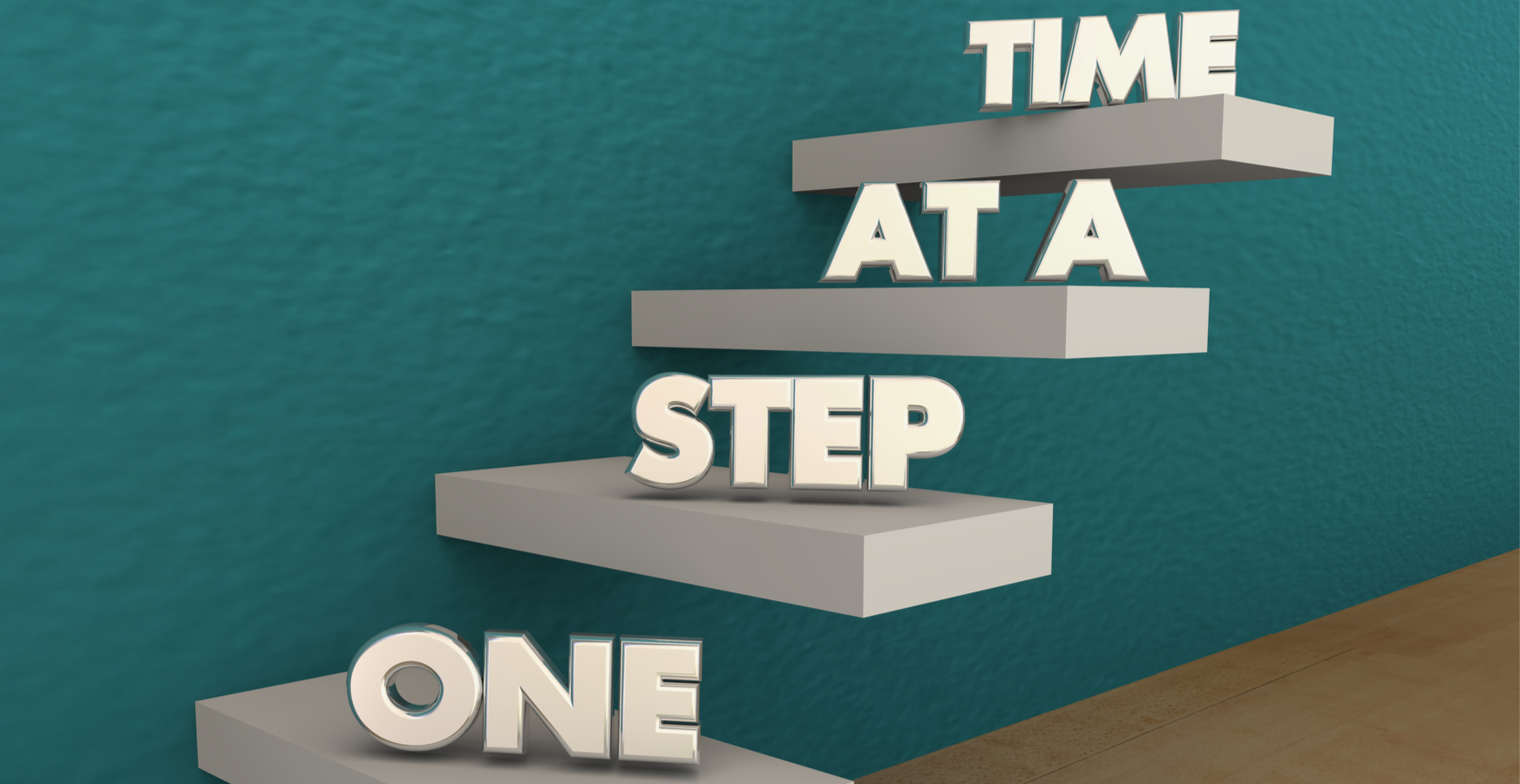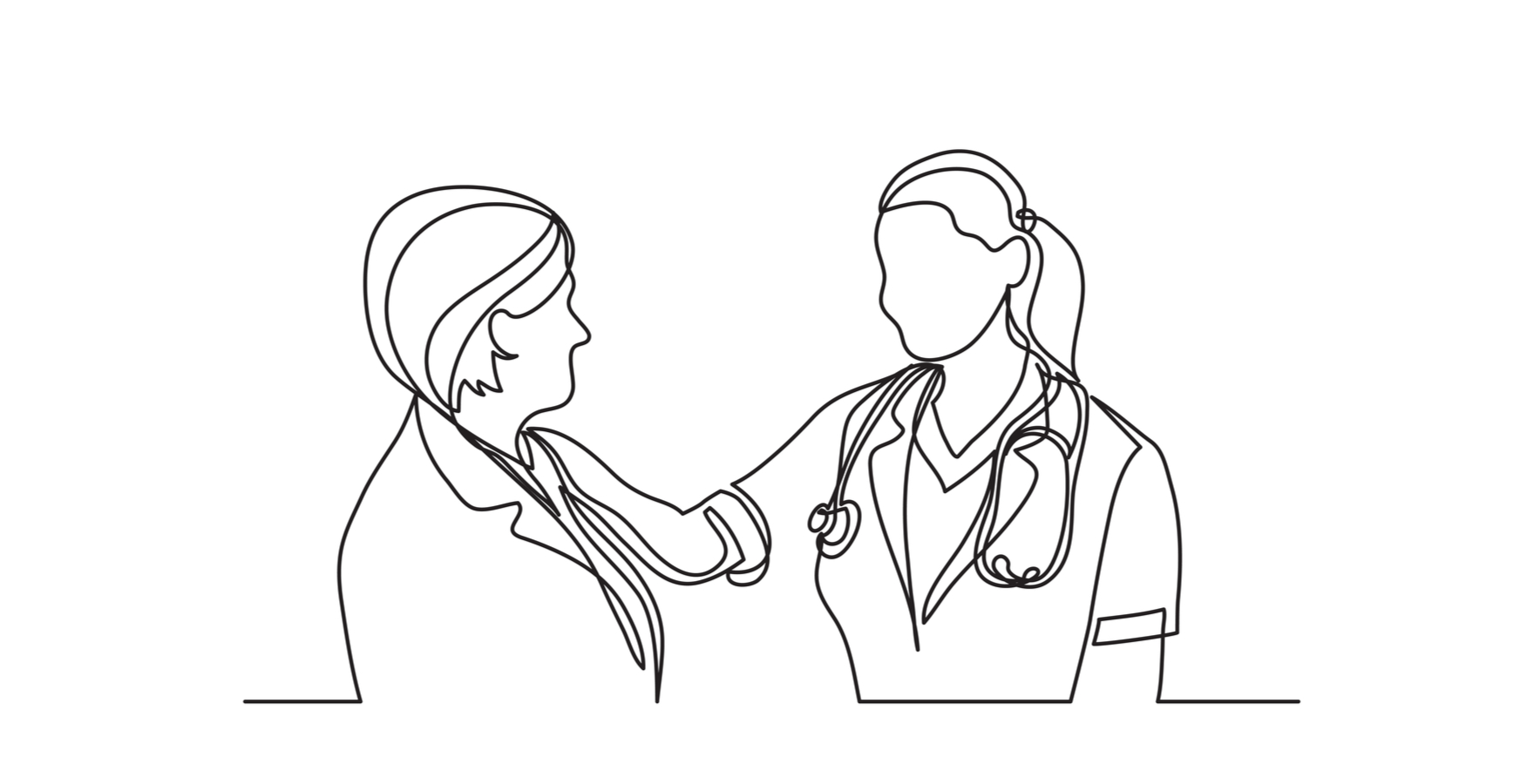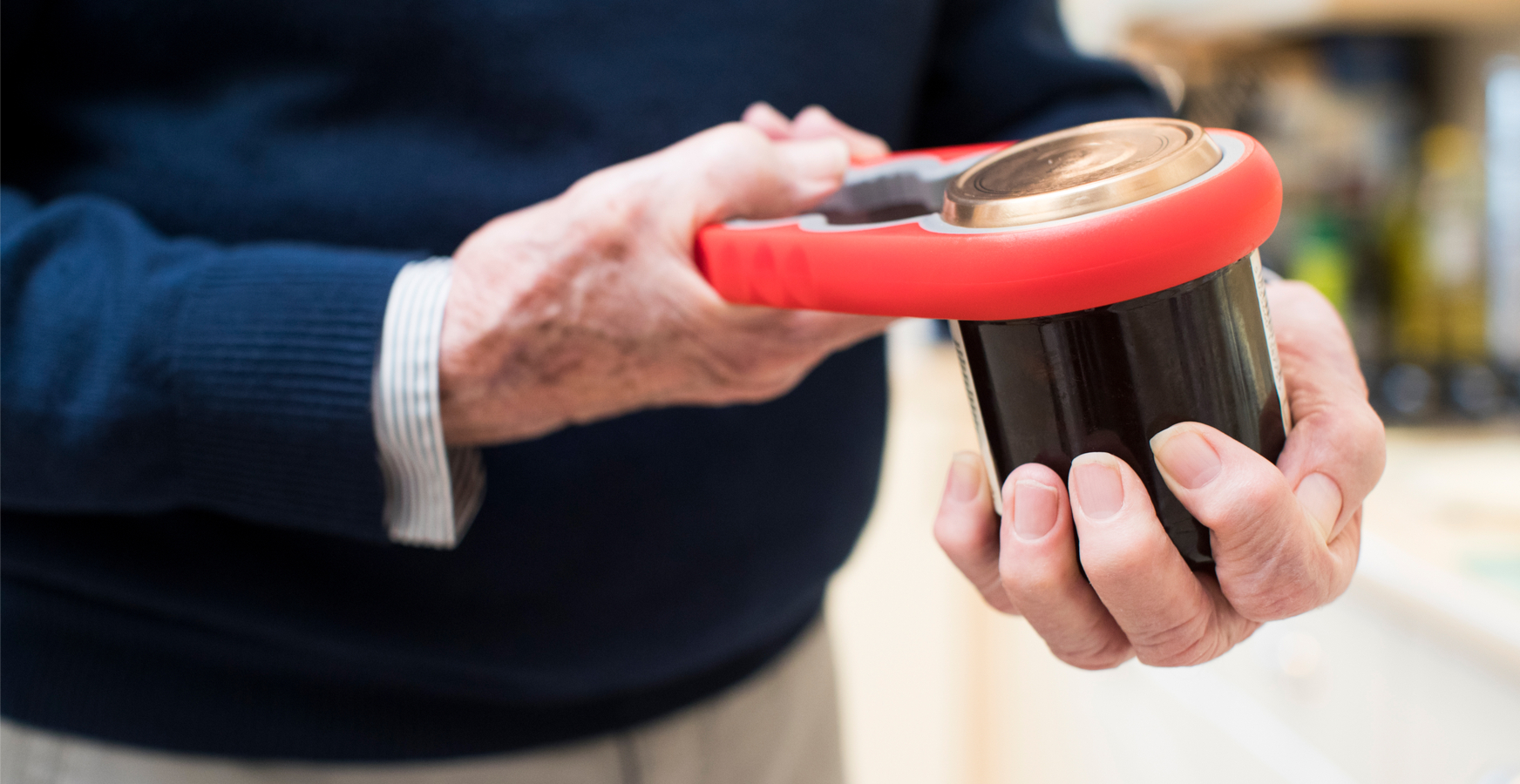Looking back to the start of my journey with persistent pain I’m not sure that I was managing my health condition effectively. There was no doubt I was trying. I was seeking healthcare support, and taking a lot of medications, and even agreeing to surgery, but I don’t think I was being very effective at managing my health. It is easy to be critical of myself looking back, but at the time I was fairly overwhelmed by my situation and didn’t know what else to do. I was at least seeking healthcare support and following their advice!
It is only during the last few years I have started to understand the importance of managing not only my primary persistent pain condition, but also any other health conditions I have. I began to realise that my ability to ‘cope’ with my persistent pain condition depended on what else was going on with my body. During the times when say my shoulder was causing me difficulty, or my anxiety was being increased by life events, then I found it harder to ‘cope’. It is as though I have a ‘coping bucket’ and my persistent pain takes maybe three quarters of it. As other health conditions start to come into play then the bucket starts to overflow and I find it difficult to ‘cope’ with my situation. This is one of the reasons that I now pro-actively try to manage any other health conditions I have, so that I can concentrate on coping with my primary one!
I have also learnt that the better my overall health and wellbeing is the better my persistent pain condition is. As I have discussed elsewhere, everything about me, my emotions, what I do during the day and who I am, are factors in my experience of pain. My physical and mental health are factors too.
I grew up thinking that if I had a health condition then it was the doctors job to make me better. I now know different! I now understand that my health is my responsibility, and that I need to manage my health conditions, with the support and guidance from clinicians. Living with persistent pain has focussed me on the task of improving and managing all my health conditions. This not only improves the levels of pain I experience, but also the quality of my life.
Click on the pictures to learn more about each strand
More Information


























